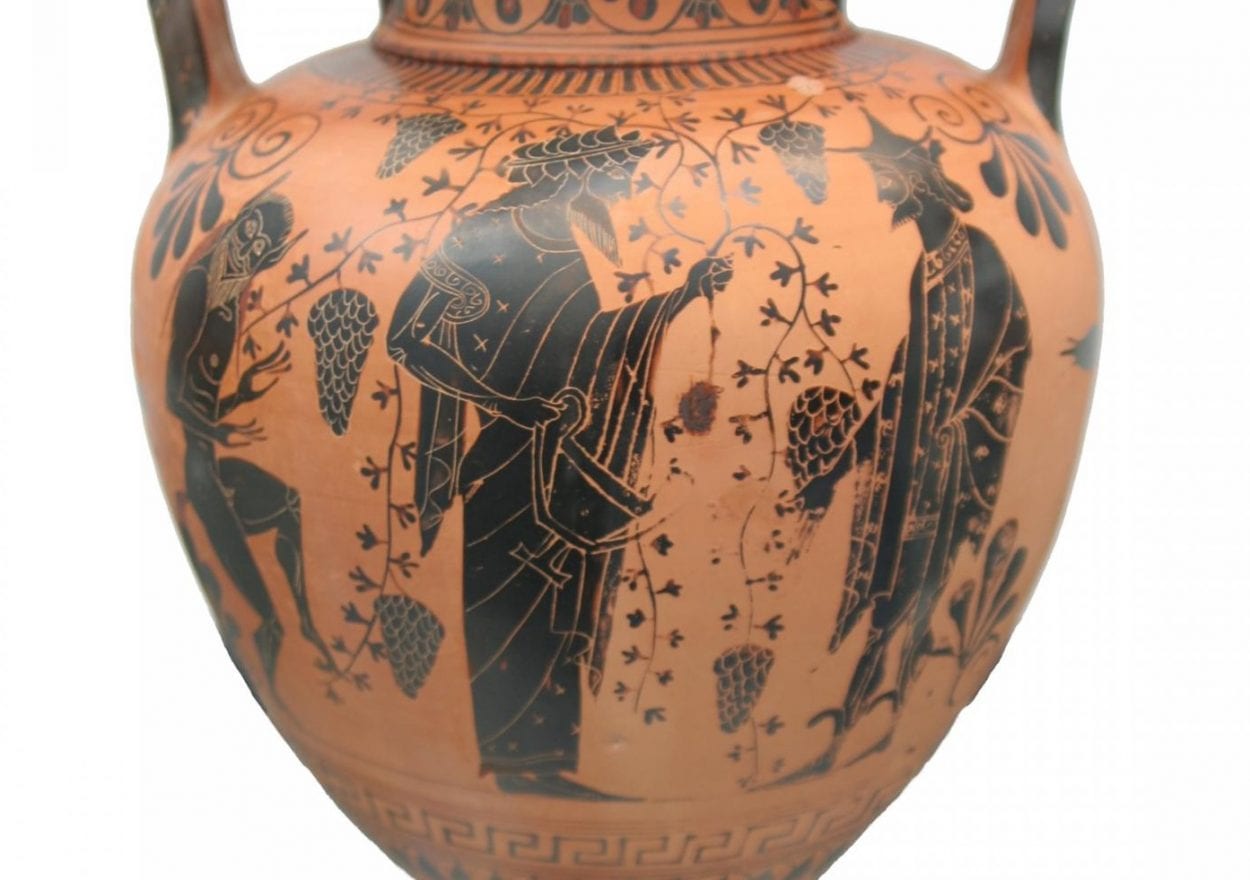In the field of economics, the concept of a market economy is largely considered a modern phenomenon.
Influential economists such as Karl Marx and Max Weber, for example, argued that although markets existed in antiquity, economies in which structures of production and distribution responded to the laws of supply and demand developed only as recently as the 19th century.
A recent study by an international team of researchers, including Adam Izdebski of the Max Planck Institute for the Science of Human History, uses palynology – the study of pollen remains extracted from cored sediments – to challenge this belief and provide evidence for an integrated market economy existing in ancient Greece.
Market integration began earlier than assumed
Using publicly available data from the European Pollen Database, as well as data from other investigators, researchers analyzed pollen assemblages from 115 samples taken from six sites in southern Greece to measure landscape change. Using radiocarbon dating to tie their measurements to historical time, researchers followed the change in percentage values for individual plant taxa between 1000 BCE and 600 CE and observed a decrease in pollen from cereals, a staple of the ancient Greek diet, during a period of apparent population growth.
This decrease occurred at the same time as an increase in the proportion of olive and vine pollen. These trends raise an important question: why would local producers chose to plant olives and vines instead of cereal grains, when the demand for this staple food must have been high and mounting?
In the current study, researchers argue that pollen data from southern Greece reveals an export economy based on cash cropping as early as the Archaic period, primarily through olive cultivation.
Although archeological evidence from these periods documents the movement of goods, quantifiable data on market integration and structural changes in agricultural production have been very limited. “In this paper,” says lead author Adam Izdebski, “we introduce pollen records as a new source of quantitative data in ancient economic history.”
From mud to markets: Integrated scientific approaches reveal an integrated ancient economy
Before arriving at their conclusions, researchers compared the trends they observed in the pollen data with three other sources of data in an instance of pioneering scientific research. First, researchers observed a decrease in pollen from uncultivated landscapes corresponding with each increase in settlement numbers.
This correlation between the number of settlements and the exploitation of the land supports the methodology of the study and indicates the potential of palynology for future studies in a variety of scientific disciplines.
Researchers then looked for evidence of increased trade activity in Mediterranean shipwrecks, which are routinely used to estimate maritime trade and overall economic activity.
After restricting their search to wrecks from the appropriate period and region, scientists observed trends in shipwrecks consistent with trends found in cereal, olive, and vine pollen. Both sources of data suggest an economic boom in the 1st and 2nd century CE, a decline in the 4th and 5th century, and a smaller boom in the 6th century.
Finally, researchers examined trends in the presence of large-scale oil and wine presses in the Mediterranean. The presence of these machines, although not located in Greece, indicates a pattern of broad economic trends in the region and changing incentives for the production of large quantities of olive oil and wine.
Again, the researchers found that trends in archaeological findings of oil and wine presses were consistent with trends in cereal, olive, and vine pollen.
As the emergence of integrated markets and capitalist economies of the early modern era is believed to have been at the roots of the Anthropocene, the current epoch in which humanity has become a major geological force, the current study shows that the structural developments that occurred on a large scale through European colonization from the 15th century onward were possible several thousand years before.
MAX PLANCK INSTITUTE FOR THE SCIENCE OF HUMAN HISTORY
Header Image Credit : MatthiasKabel – CC BY-SA 3.0





